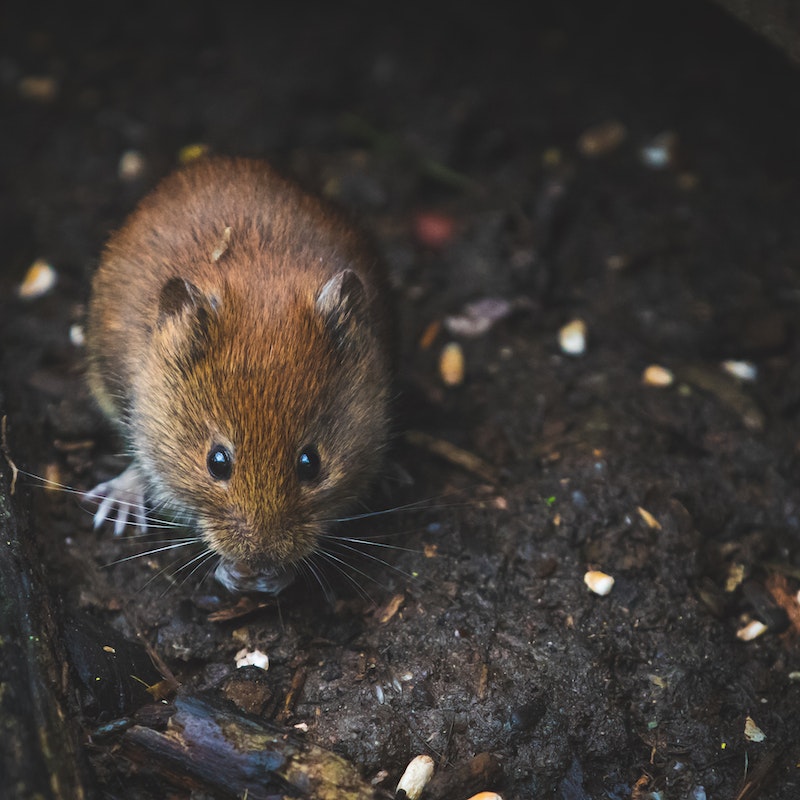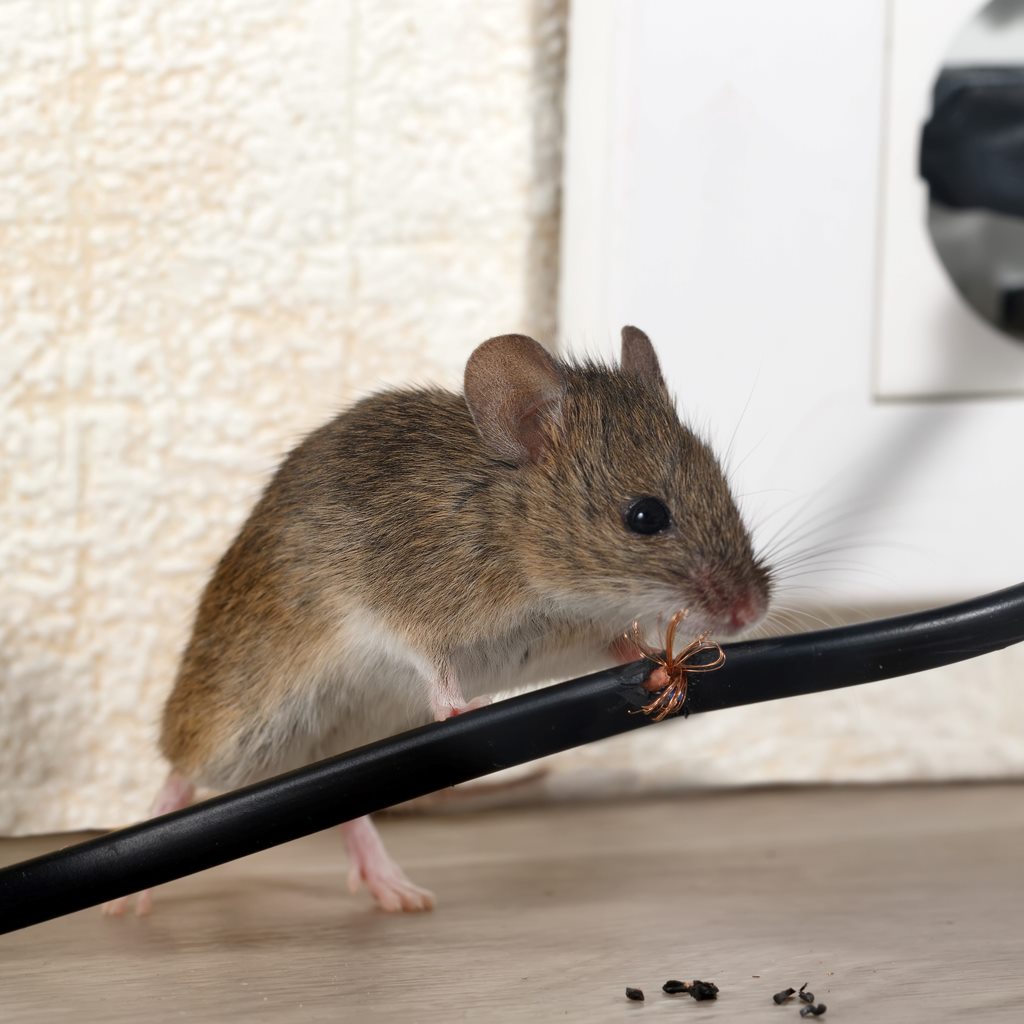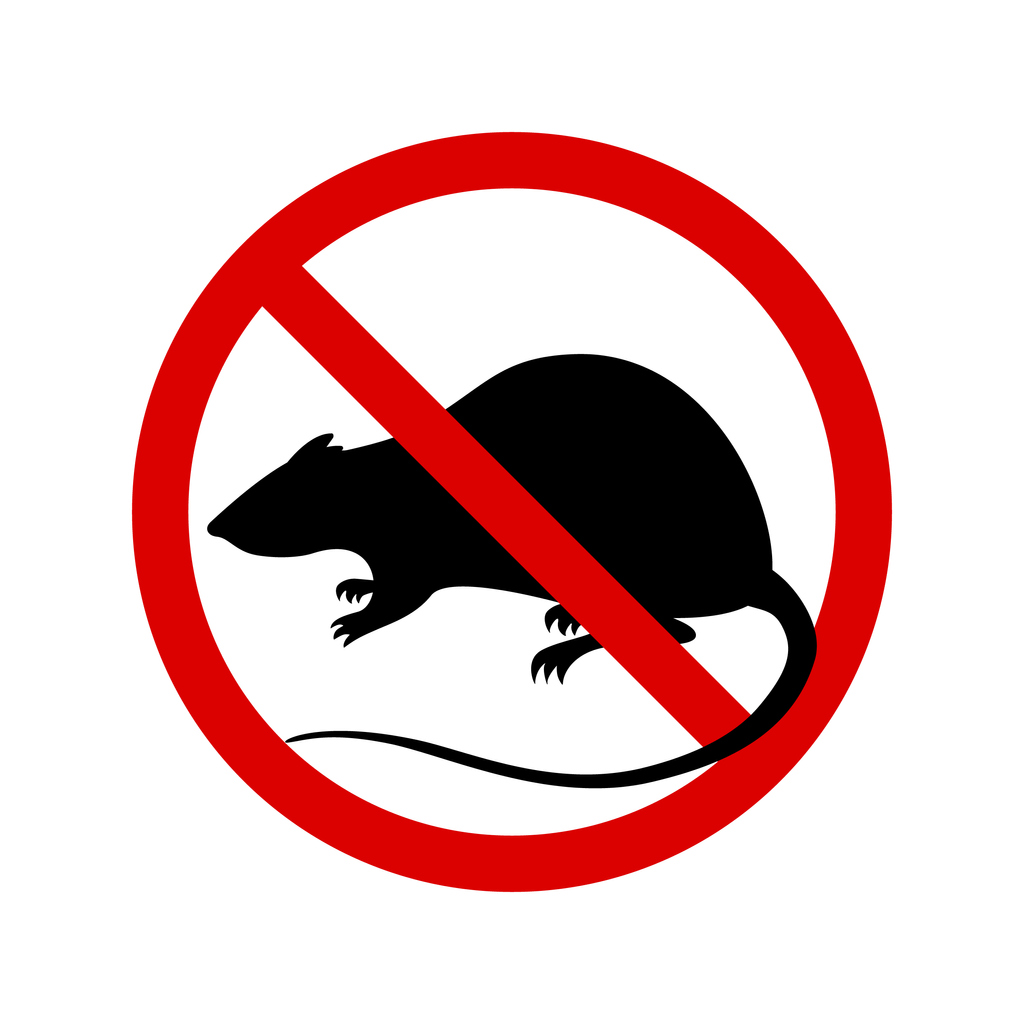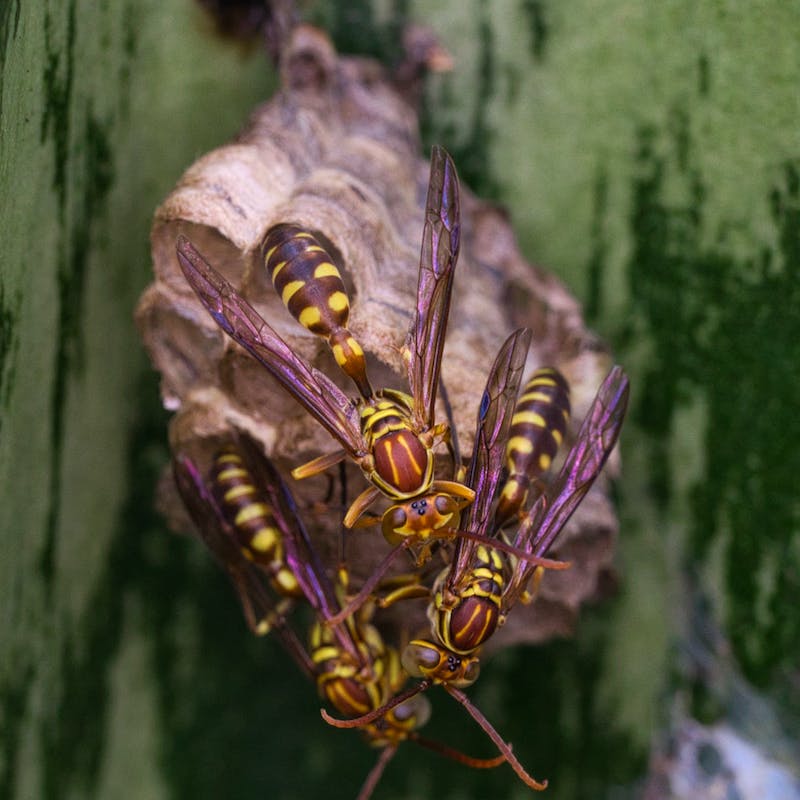
22 Jun 2023 | Trifecta Pest Solutions (UK) Ltd
There are many critters and animals you can get in your garden - some wanted and some unwanted. Mice generally fall into the second category and can be a nuisance. They can destroy your plants and greenery and leave droppings and urine everywhere.
As a result, it’s important to know how to spot mice in your garden and the common signs associated with these small annoyances. We look at this in this article and cover things like visual and audio signs, together with what you should do if you find a mouse nest in your garden.
Signs of Mice Infestation in the Garden
Mice are relatively easy to spot and many of the signs are similar to rats. They typically leave damage, make a lot of noise, and have a heap of visual indicators to their presence.
Visual evidence - Droppings, gnaw marks, urine stains
Mice are very visual critters despite rarely being seen. They leave a range of markers and evidence that clearly points to their presence and this primarily includes urine and droppings. The droppings are unmistakable and are slightly larger than grains of rice and usually brown in color.
Mouse urine can give an ammonia-like smell which can be very strong near their nest. They also love to bite things and gnaw and as a result, you may see damage to outdoor furniture and other wooden features in your garden.
Sounds - Squeaking, scratching, rustling
These little terrors can also be incredibly vocal when not disturbed and you may hear squeaking, scratching, and rustling. This is the mice going about their business, building nests, and foraging for food.
Damage - To plants and vegetables, etc.
Aside from visible damage to wood and furniture, the mice may also damage your plants and vegetables. They have a healthy appetite and therefore will chomp at anything green in your garden. Plus, as the mice move they may trample some greenery too.
Nests and Burrows
Lastly, mice are nest builders but they can also make burrows depending on what’s available in your garden. Mouse nests in your garden will typically be small circular structures made from various garden materials like twigs, branches, leaves, straw, and grass.
What to do if You Find Mice in Your Garden
So, you are 99% sure that there is a mouse nest in your garden, what now? This is the tricky part and I have created a simple 4-step guide below so you can deal with your mouse problem effectively.
Step 1 - Monitor their activity to find the nest
The first step in mouse pest control is to do a little detective work and find out where they live and where they usually move. This requires quiet movements and actions as the mice will be scared easily.
Try observing your garden from an unobtrusive spot like out of a window in your house and monitor their activity. The key here is to identify where you think the nest is or its burrows. With this found out you can then get a little closer to do further reconnaissance.
Step 2 - Identify entry points
If the mouse nest is inside a structure like a shed or outbuilding, or even your home, you must identify the entry and exit points as this makes it easier to track and capture them in humane mouse traps.
If the entry points aren’t obvious, the mice may have gnawed a hole in an existing structure like your shed so they can easily get back to the nest and go out to forage. I don’t advise taking any action once you find the nest - simply make a note of it for step three.
Step 3 - Contact a pest control company
In most instances, it’s not ideal to try and tackle mice in your garden on your own. You do not have the know-how or equipment to remove them safely without causing any damage.
This is where the services of a professional mouse pest control company are beneficial. These companies specialise in the removal of a variety of pests such as mice, rats, bees, and wasps, and can do so quickly and effectively.
When you contact the pest control company, make sure you give them as much detail as possible and when they do the first on-site visit, show them where you think the nest is. This helps speed up the process and saves time placing traps in dud areas.
Step 4 - Preventative measures
Once the mouse pest control team has done their job, they will usually give you advice on how to stop the problem from recurring. This includes preventative measures like repairing any holes and damage to your out buildings, keeping your garden area clean and tidy and free from rubbish, and potentially using mouse repellant.
Mouse Pest Control is the Best Solution Once You Find Mice in Your Garden
It can be difficult to tell how many mice are in your garden and how big the potential problem is. This is why if you do find a mind in garden areas, the best action is to contact a professional mouse pest control company.
There are humane options for mouse pest control too if you do not want them exterminated and things like live traps can work. Either way, a pest control company can advise you of the best course of action, get your mouse issue resolved, and make sure your garden is mouse-proof going forward.


